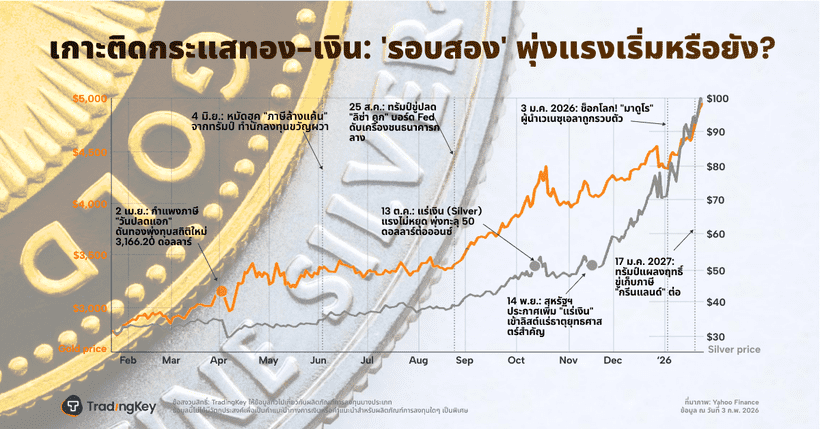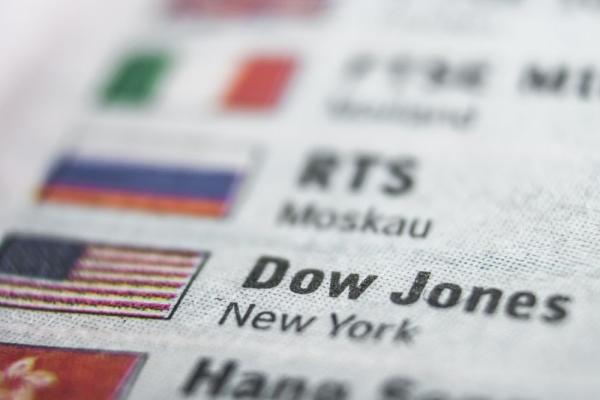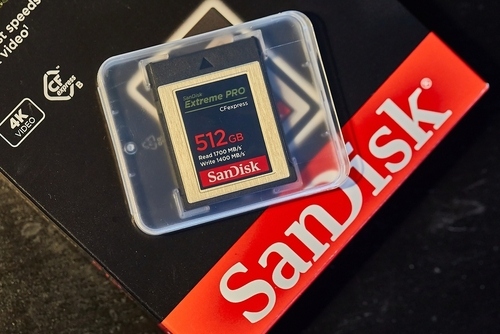Paul Grewal จาก Coinbase เปิดเผยจดหมายที่หน่วยงานกำกับดูแลของสหรัฐฯ ส่งไปบีบบังคับธนาคารไม่ให้ให้บริการธุรกิจ crypto

เอกสาร ที่ได้รับจาก Coinbase ผ่าน Freedom of Information Act (FOIA) เปิดเผยว่า Federal Deposit Insurance Corporation (FDIC) และหน่วยงานรัฐบาลกลางอื่น ๆ กีดกันธนาคารอย่างแข็งขันจากการทำธุรกรรมกับธุรกิจ crypto ในสิ่งที่เรียกกันทั่วไปว่า “Operation Chokepoint 2.0” ภายในอุตสาหกรรม crypto
หลังจากการเปิดเผยเอกสารที่ Coinbase ได้รับผ่านทาง FOIA Paul Grewal ประธานเจ้าหน้าที่ฝ่ายกฎหมายของ Coinase ได้ไปที่ X (ชื่อเดิม Twitter) เพื่อ พูดคุย เกี่ยวกับความท้าทายที่อุตสาหกรรมการเข้ารหัสลับต้องเผชิญด้วยน้ำมือของ FDIC และธนาคารที่ทำหน้าที่ควบคุมการเข้ารหัสลับ -กิจกรรมที่เกี่ยวข้องภายใต้คำแนะนำของหน่วยงานกำกับดูแล
Paul ยังเน้นย้ำถึงขอบเขตที่หน่วยงานกำกับดูแล โดยเฉพาะอย่างยิ่ง FDIC ได้ไปจำกัดธุรกิจ crypto ไม่ให้เข้าถึงบริการธนาคารที่จำเป็น
ธุรกิจในอเมริกาที่ปฏิบัติตามกฎหมายควรสามารถเข้าถึงบริการทางธนาคารได้โดยปราศจากการแทรกแซงจากรัฐบาล ฝ่ายบริหารที่เข้ามาใหม่มีโอกาสที่จะพลิกกลับการตัดสินใจนโยบาย crypto ที่ไม่ดีจำนวนมาก ซึ่งเป็นผู้นำในการตัดสินใจด้านกฎระเบียบที่มีแรงจูงใจทางการเมือง เช่น Operation...
— paulgrewal.eth (@iampaulgrewal) 6 ธันวาคม 2024
Operation Chokepoint 2.0 cut off crypto businesses from banking services
For a while, it felt like the crypto industry was under siege as it faced a constant barrage of enforcement action from US regulators. Recently discovered documents have confirmed that US regulators might have indeed taken active steps to stall the industry.
Paul said the release of the heavily redacted documents proves that the crypto industry was targeted unfairly. He also said it provided vindication that “Operation Chokepoint 2.0” wasn’t just a myth in the crypto community and that there was actually a debanking campaign.
He expressed frustration, saying, “Law abiding American businesses should be able to access banking services without government interference.”
Paul pointed out that the FDIC continues to withhold key details through redaction. However, he applauded the effort of the team pursuing the FOIA requests, emphasizing the need for clarity and transparency from the government regarding regulation.
He also noted that “The incoming administration has the opportunity to reverse so many poor crypto policy decisions, chief among them politically motivated regulatory decisions like Operation Chokepoint 2.0.”
The lack of clarity in regulation has become a serious issue with far-reaching consequences for the crypto sector. Under the Biden administration, the US Securities and Exchange Commission (SEC) filed lawsuits against many crypto businesses, including Binance and Coinbase, two of the biggest crypto exchanges. The regulator alleged violations of securities laws, acting as an exchange, broker, and clearing agency without proper registration.
FDIC letters affected crypto and banking services
The FDIC letters, obtained by Coinbase through History Associates revealed that regulators discouraged banks from transacting with crypto-related businesses and, in some instances, “debanking” them.
The debanking campaign was a government initiative to clamp down on legal but controversial industries.
In a hearing of the House Financial Services Committee, Nathan McCauley, the CEO of Anchorage Digital, a bank federally chartered in the US by the Office of the Comptroller of the Currency (OCC) says it was surprised that it got debanked, considering that it is a national bank.
Industry leaders like Paul said the regulatory spotlight on crypto was politically motivated.
However, regulatory agencies would argue that their actions were necessary to protect customers and prevent financial crimes. They would also cite the crash of FTX and, more recently, the conviction of Binance’s founder and ex-CEO, Changpeng Zhao (CZ), who pleaded guilty to financial regulation violations. The former received a 25-year jail sentence, while the latter went to prison for four months and paid over $4 billion dollar in fines.
Land a High-Paying Web3 Job in 90 Days: The Ultimate Roadmap







